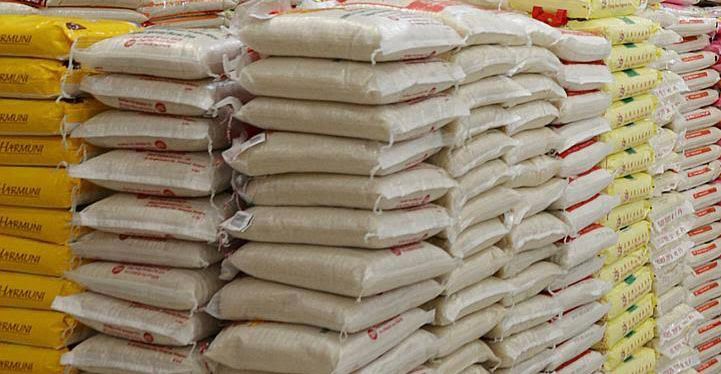BUSINESS &ECOMONY

ECONOMISTS EXPLAIN WHY FALLING RICE PRICES STIR MIXED REACTIONS AMONG NIGERIANS AND TRADERS
The recent drop in rice prices across Nigeria has sparked mixed reactions, with economists attributing the development to conflicting interests between consumers and traders.
According to a report, the price of a 50kg bag of rice has fallen to between ₦55,000 and ₦75,000, down from about ₦85,000 earlier in 2025. The price drop was observed in major markets like Mile 12 and Oyingbo in Lagos, as well as Dutse and Kubwa in Abuja.
While many Nigerians have welcomed the development as a relief amid tough economic conditions, traders have lamented reduced profit margins and the risk of business losses.
Economists such as Muda Yusuf, Chief Executive Officer of the Centre for the Promotion of Private Enterprise (CPPE), and Idakolo Gbolade, Executive Officer of SD & D Capital Management, explained that the situation reflects a clash of interests.
Yusuf noted,
“Nigerians want cheaper rice, while business owners want higher profit margins. The government has to create a balance through consistent policies and incentives that support both affordability and business sustainability.”
He further urged the government to maintain stable food import policies and strengthen local production to prevent market shocks that could harm farmers and traders.
On his part, Idakolo said the decline in food prices signals that the temporary import duty waiver policy introduced by the Federal Government is starting to yield positive results.
“The fall in rice and other food prices shows that some of the government’s economic policies are now benefiting Nigerians. Despite the initial hardships caused by subsidy removal and exchange rate deregulation, the economy is beginning to stabilise,” he said.
Meanwhile, local farmers have raised concerns about the long-term impact of import waivers on domestic agriculture, warning that increased food imports could discourage local production if not properly managed.
As Nigeria continues to navigate food affordability and self-sufficiency, experts are calling for a balanced policy approach — one that keeps food prices low for consumers while safeguarding the survival of local traders and farmers.
"This represents a significant development in our ongoing coverage of current events."— Editorial Board









